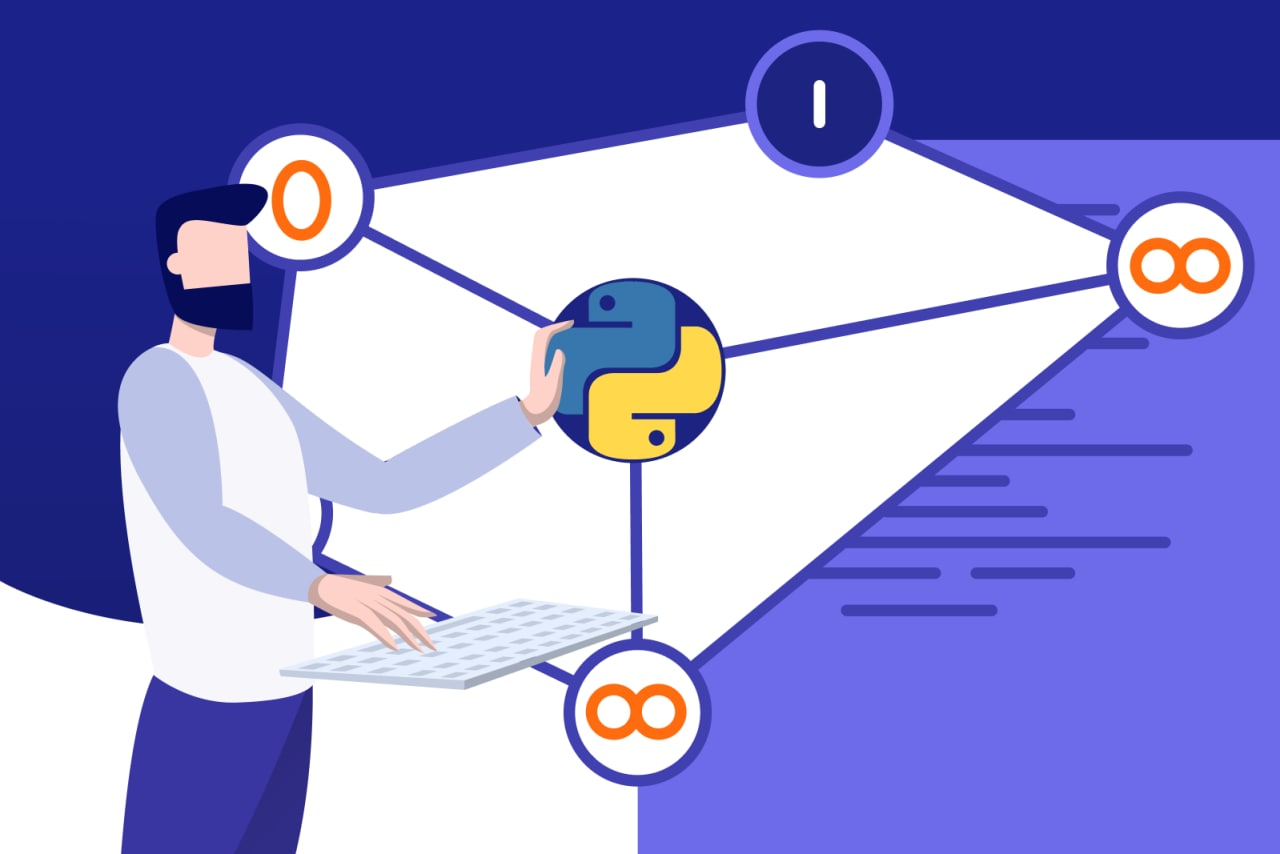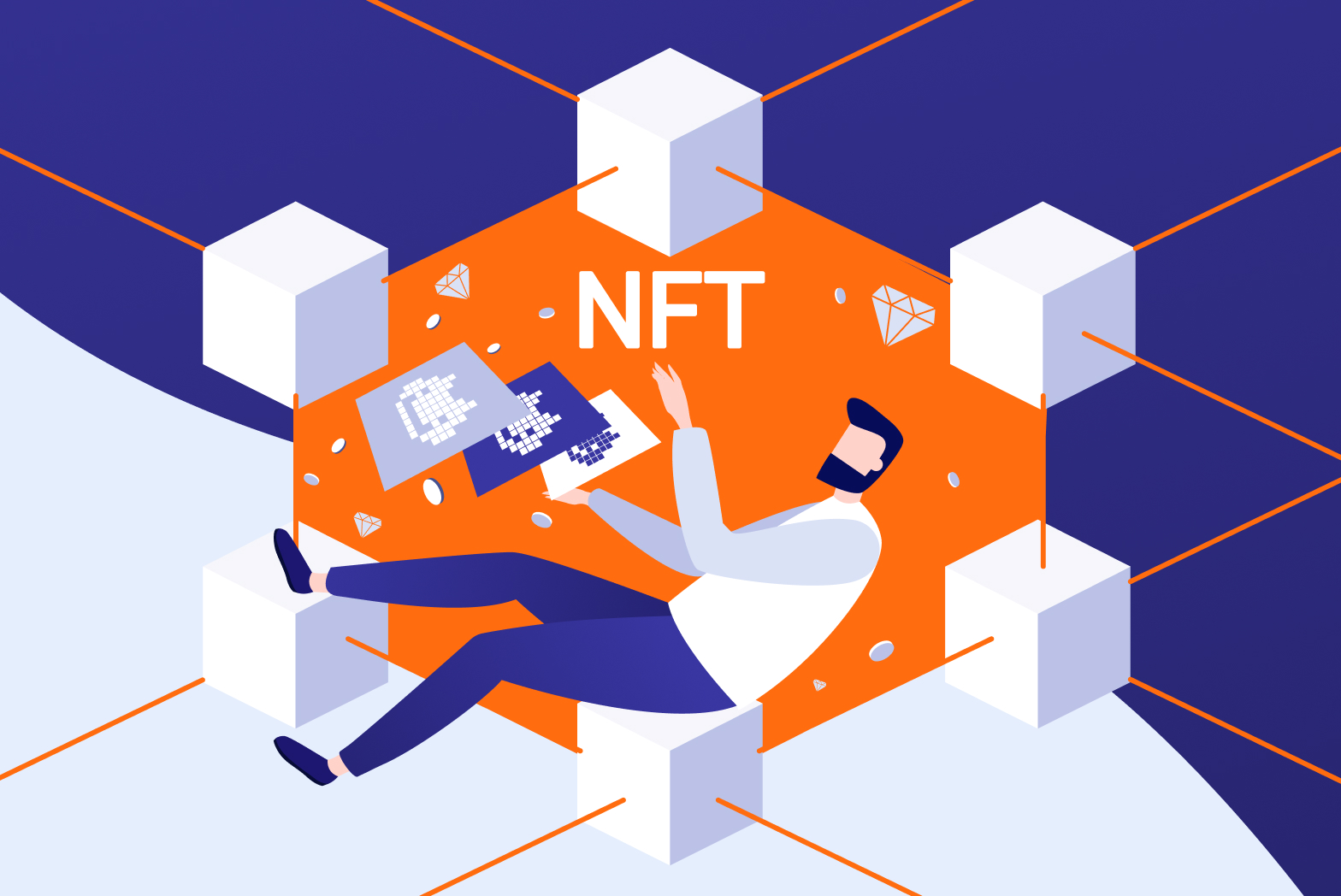
Artificial Intelligence (AI) is reshaping the business landscape by increasing functionalities in different industrial sectors, improving business processes, and enhancing customer experience. Interestingly enough, it also plays a crucial role in Intellectual Property (IP) concepts.
IP-related tasks require a lot of time and lead to several potential risks that need to be dealt with carefully, making it a slow and deliberate process. Even if you only need one patent, you’ll have a tremendous amount of paperwork to fill out.
Next, all of the information extracted from this paperwork is inserted manually into an IP management system. A single error can risk millions of dollars’ worth of assets for a company.
But with the emergence of AI, all of these processes can be automated so that there are few risks and failures involved.
What Is an Intellectual Property (IP) Landscape?
An IP landscape consists of a summary of current patents or practices of a business. It offers a comprehensive view of the business’ legal environment. It helps companies create a strategy for the designs and manufacturing processes of products that have not been developed yet.
Insight into the patent landscape can help you recognize opportunities to identify your competitors’ weaknesses or any advantages you might have over them.
Before AI, the patent landscape was assessed by looking into several documents and sifting through vast amounts of data and information. Then the collected information was narrowed down to gather relevant data and sorted into groups manually.
However, with the introduction of AI, the patent industry is experiencing more efficiency and insights into critical data and information.
Now, let’s move on to see how AI plays a crucial role in IP landscapes and patents.
AI Offers High-Quality Patent Data
High-quality data is now becoming more important for efficient business processes. This not only means extracting data from major data providers in the industry but also gathering data that has been checked and vetted for inaccuracies.
AI offers high-quality data by automating the data entry process to eliminate any chances of manual errors. Moreover, it can quickly identify duplicate records or even the most minute human error in the data system.
In this way, AI contributes quality data to the patent analysis process and enhances product development.
The Decline Of Traditional Patent Searches
Gone are the days when IP analysts had to learn complicated search terms and look them up to find patents. Now, several AI-driven solutions can gather all the data needed by a patent searcher or an IP analyst.
One such solution is LexisNexis PatentSight, which validates patent data and offers high-quality patent data that uncovers essential insights.
Offers IP Analysts More Time To Focus On Business Strategy
As AI is automating the IP landscape and evolving the traditional patent search, IP professionals can now put their entire focus on analysis. This helps create more effective strategies that can be later shared with clients and top-level executives to achieve product development goals.
Thus, with the increasing role of AI, IP professionals now make more effective and data-driven decisions.
xlpat is an AI-based intelligence software that finds patents, identifies important data, and gets reports and insights from the patent system in real-time.
AI is similarly being used in processes such as copyrighting code, designs or algorithms in such software as Algo.id, which allows developers and designers to deposit their IP property instantly into a blockchain-based repository service with public metadata, which guarantees its immutability.
Algo establishes code and design authorship for potential future copyright disputes. With a few simple steps, the service allows users to protect their IP items from possible plagiarism or illegal use by third parties.
In Conclusion
These are only some of the roles played by AI in changing the IP landscape. All of them help IP analysts to focus on strategizing for their business processes and improving them, rather than searching manually for patents and skimming through huge amounts of data.
As we are still in the early days of AI implementation in the IP landscape, it is imperative to understand the way AI solutions are transforming the IP industry.







